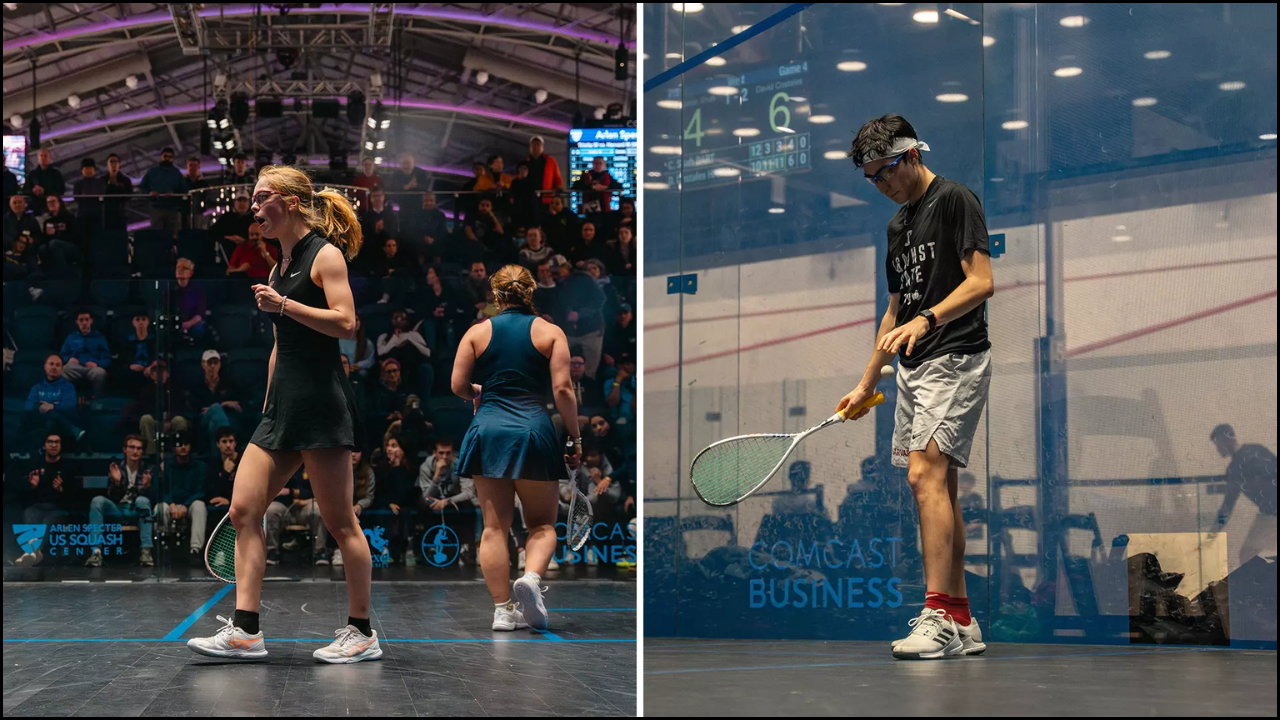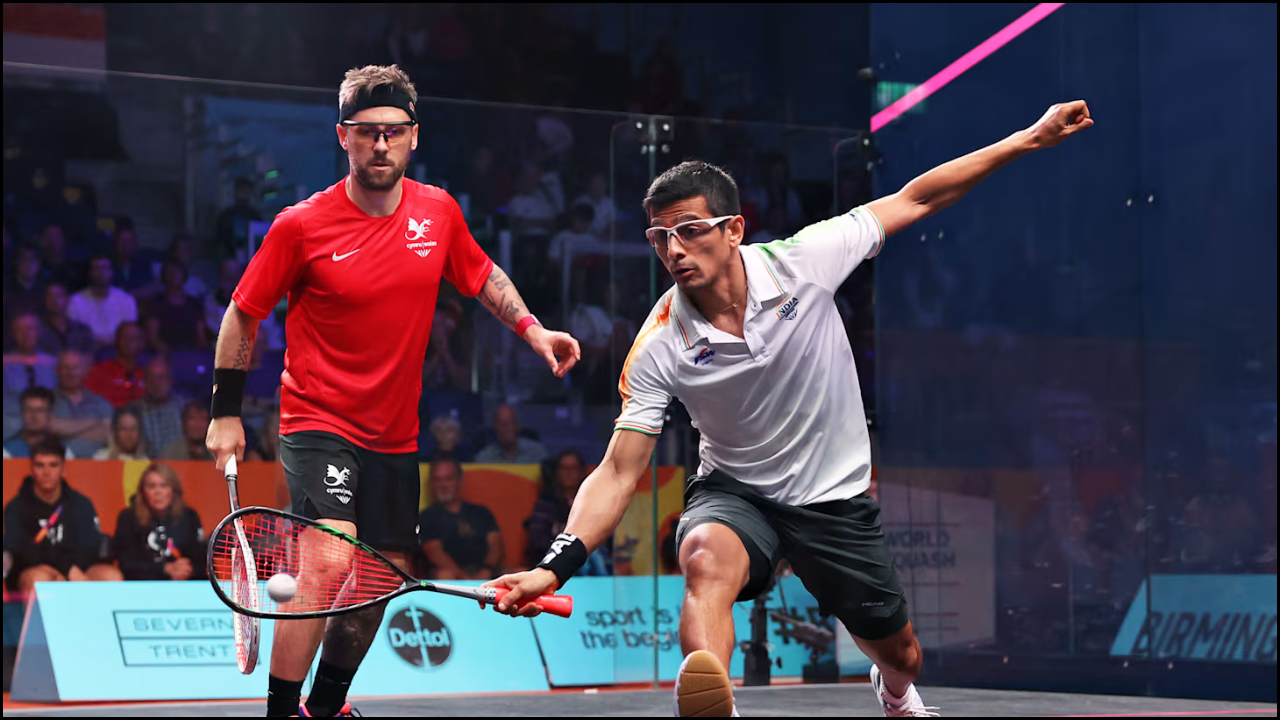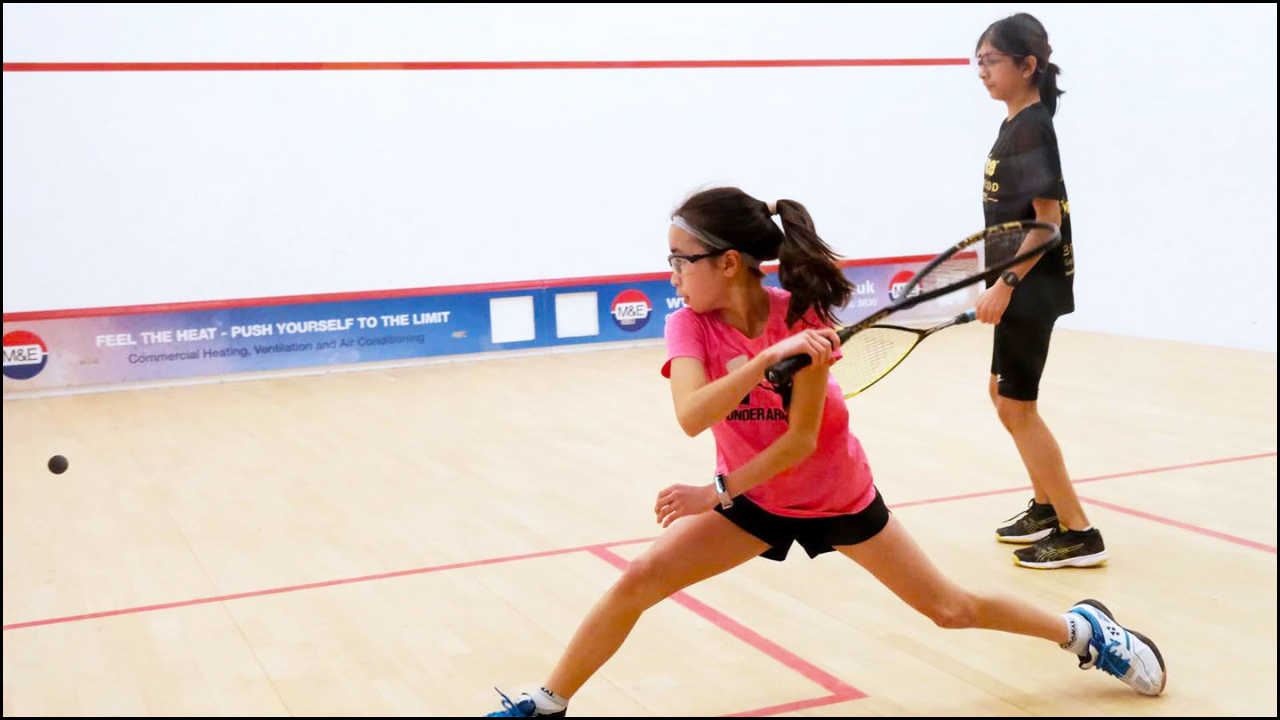
The success of any sports club depends not only on the talent of its players but also on the guidance of its coaches. Cambridge University Squash Rackets Club (CUSRC) has achieved recognition through the consistent efforts of its coaching staff, who provide training, strategy, and mentorship. Coaches shape discipline, develop skills, and create an environment where players can compete at high levels. The influence of these coaches extends beyond the court, impacting the club’s culture, team spirit, and long-term achievements.
Table of Contents
Importance of Coaches in Sports Development
- Coaches establish the structure for training sessions, ensuring balance between fitness, tactics, and skills.
- Coaches act as role models, instilling discipline and professional ethics among players.
- Guidance from coaches helps players overcome performance pressure in tournaments.
- Strategic thinking provided by coaches gives CUSRC an advantage during high-level matches.
- Mentorship from coaches contributes to long-term personal and athletic development.
Coaches as Strategic Planners
- Coaches design match strategies considering opponents’ strengths and weaknesses.
- Game plans focus on adaptability, ensuring players can shift tactics mid-match.
- Coaches prepare rotation schedules for team players, maintaining fitness levels.
- Regular analysis of matches allows coaches to refine strategies for future games.
Coaching as Strategic Planning in CUSRC
| Area | Coach’s Role | Impact on Team |
|---|---|---|
| Opponent Analysis | Study the playing style of rival universities | Better anticipation during matches |
| Game Adaptation | Train players to switch tactics quickly | Flexibility in high-pressure moments |
| Rotation Planning | Manage player workload | Reduced risk of fatigue and injuries |
| Match Reviews | Review recordings of past games | Continuous learning and skill refinement |
Role of Coaches in Building Team Unity
- Coaches encourage collaboration between senior and junior members.
- Activities led by coaches strengthen trust and reduce individual rivalries.
- Team-building exercises, both on and off the court, promote shared responsibility.
- Coaches reinforce the value of sportsmanship, enhancing the reputation of CUSRC.
How Coaches Foster Team Unity
| Method | Description | Result in CUSRC |
|---|---|---|
| Joint Drills | Mixed training sessions involving all levels | Stronger team cohesion |
| Mentorship Pairing | Seniors guide juniors under the coach’s supervision | Knowledge transfer and mutual respect |
| Team Meetings | Discussions on goals and challenges | Transparency and shared vision |
| Social Engagement | Events outside the court are organized by coaches | Increased bonding and morale |
Development of Technical Skills by Coaches
- Coaches break down squash techniques into simple steps for effective learning.
- Advanced drills target footwork, stamina, and racket control.
- Personalized feedback ensures players improve at their own pace.
- Coaches integrate video analysis to show real-time performance corrections.
Skill Development through Coaching
| Skill Area | Coach’s Contribution | Player Outcome |
|---|---|---|
| Footwork | Training agility and court coverage | Faster response time |
| Racket Handling | Refining grip and stroke variety | Better shot precision |
| Endurance | Fitness drills with progressive intensity | Sustained energy during matches |
| Tactical Awareness | Situational practice sessions | Improved decision-making |
Coaches as Motivators
- Coaches motivate players during intense tournaments to maintain focus.
- Encouragement from coaches helps athletes recover from defeats.
- Personal mentorship improves confidence and mental strength.
- Motivation strategies differ for individuals and teams, showing adaptability.
Bullet Points on Motivation Techniques
- Pre-match speeches instill confidence.
- Personalized encouragement addresses individual weaknesses.
- Use of performance data highlights progress and builds morale.
- Goal-setting with short and long-term milestones keeps players committed.
Coaches and Academic Balance
- Coaches at CUSRC respect the dual responsibility of academics and sports.
- Training schedules are adjusted to avoid conflict with examinations.
- Coaches advise players on time management strategies.
- Academic support systems are encouraged by coaches to maintain equilibrium.
Balancing Academics and Sports with Coaching Support
| Area of Support | Coach’s Action | Effect on Students |
|---|---|---|
| Flexible Scheduling | Adjusting training around lectures | Less academic pressure |
| Time Management | Guidance on balancing priorities | Improved performance in both fields |
| Academic Support | Encouraging use of university resources | Higher retention of players |
| Stress Reduction | Mental wellness activities | Balanced lifestyle for athletes |
Contribution of Coaches in Varsity Matches
- Coaches play a central role in preparing for annual Varsity matches.
- Specific drills are designed to counter Oxford’s playing style.
- Coaches instill mental toughness, preparing players for the pressure of historic rivalry.
- Tactical analysis of past Varsity games provides key insights for improvement.
Bullet Points on Varsity Match Preparation
- Targeted physical conditioning sessions.
- Opponent-specific strategies crafted in advance.
- Simulation of match-day conditions during training.
- Strong focus on teamwork under competitive stress.
Long-Term Legacy of Coaches at CUSRC
- Coaches leave a legacy of structured training programs for future players.
- Mentorship networks continue beyond active coaching periods.
- Alumni recognition of coaches reflects their influence in shaping careers.
- Historical achievements of CUSRC often highlight contributions from coaching staff.
Long-Term Impact of Coaches
| Legacy Area | Coach’s Role | Result for CUSRC |
|---|---|---|
| Training Programs | Designing scalable routines | Sustainable improvement |
| Mentorship | Building a supportive culture | Lifelong guidance for players |
| Recognition | Inspiring alumni and community | Stronger reputation |
| Achievements | Direct contribution to titles | Growth of CUSRC prestige |
Challenges Faced by Coaches
- Balancing competitive goals with the academic schedules of players.
- Adapting training methods for diverse skill levels within teams.
- Managing pressure during high-profile tournaments like Varsity matches.
- Ensuring inclusivity while maintaining performance standards.
Bullet Points on Challenges
- Limited training hours due to academic priorities.
- Varying commitment levels from players.
- Rising expectations from alumni and supporters.
- Balancing between competitive and recreational players.
Future Role of Coaches in CUSRC
- Coaches will incorporate sports science and data analytics for improved performance.
- Mental health and well-being will gain more focus in training programs.
- Increased emphasis will be placed on inclusivity, ensuring opportunities for all.
- Digital platforms and AI-driven tools will become part of coaching techniques.
Future Outlook for Coaching in CUSRC
| Focus Area | Future Coaching Strategy | Expected Benefit |
|---|---|---|
| Data Analytics | Use of performance statistics | More precise training |
| Mental Health | Integration of wellness programs | Stronger mental resilience |
| Inclusivity | Equal opportunities for all players | Broader participation |
| Technology | Virtual tools for training | Innovative learning experiences |
In Summary
The role of coaches in CUSRC is central to its sporting success and overall development. Their contribution goes beyond training sessions, influencing strategy, motivation, academic balance, and legacy building. The success of Varsity matches, unity among players, and recognition of the club all reflect the consistent effort of coaches. Future directions suggest an even more dynamic role, blending technology, inclusivity, and mental well-being. CUSRC owes much of its reputation to the dedication and expertise of its coaching staff, whose influence continues to shape the path of the club.





